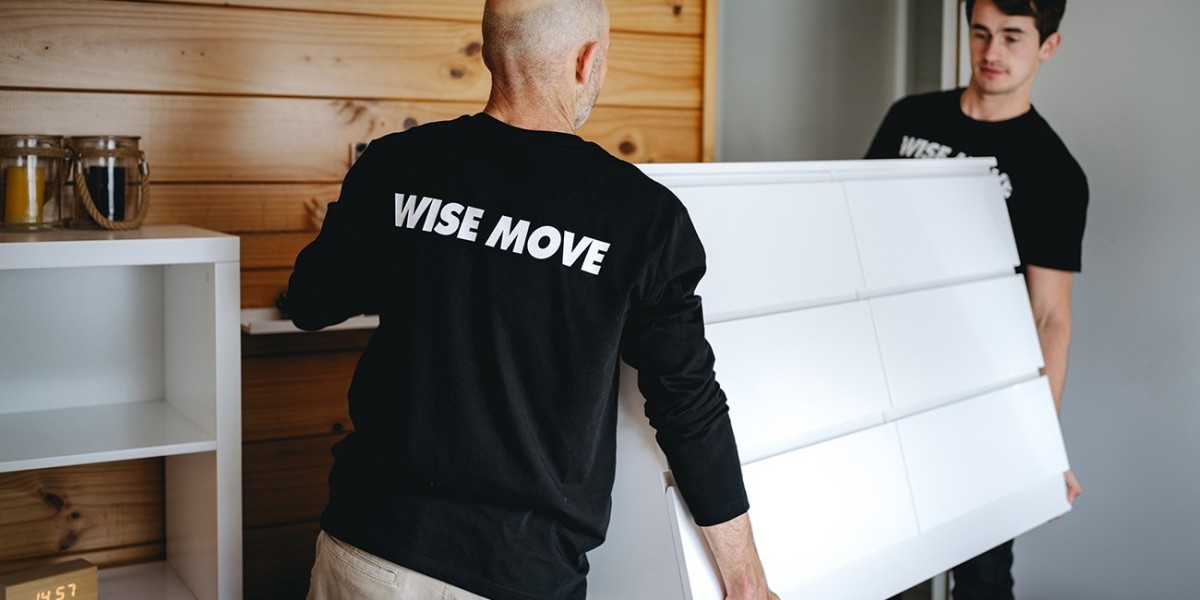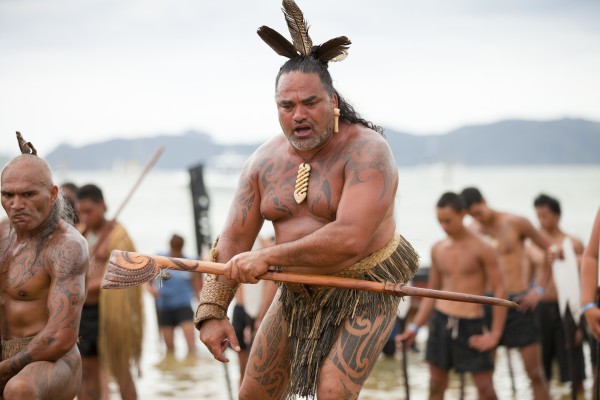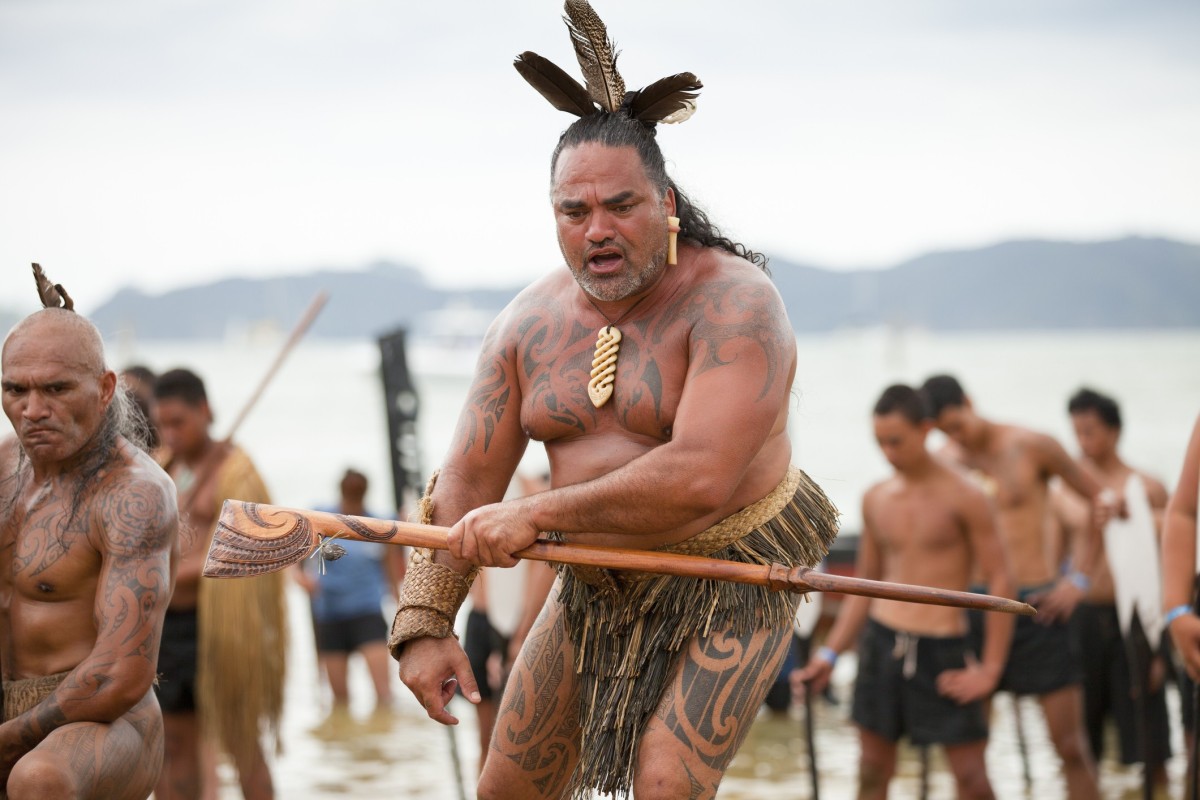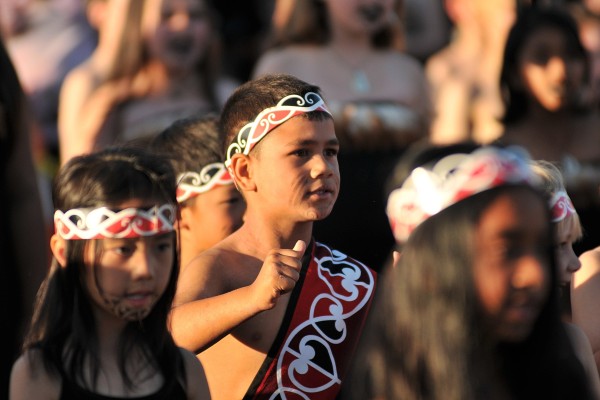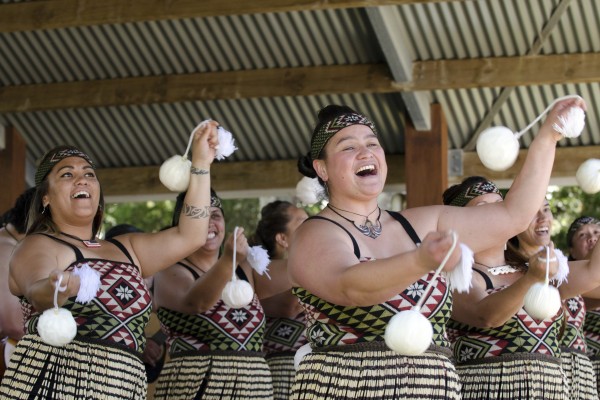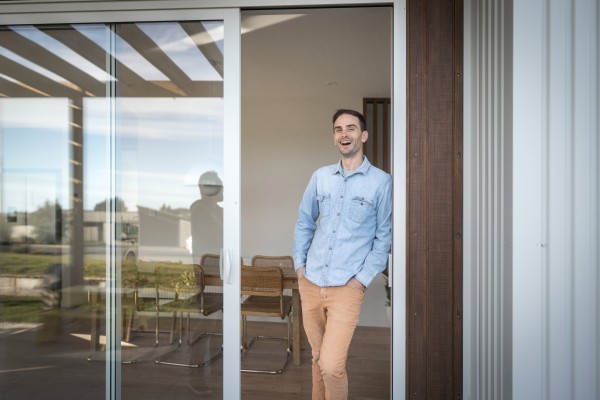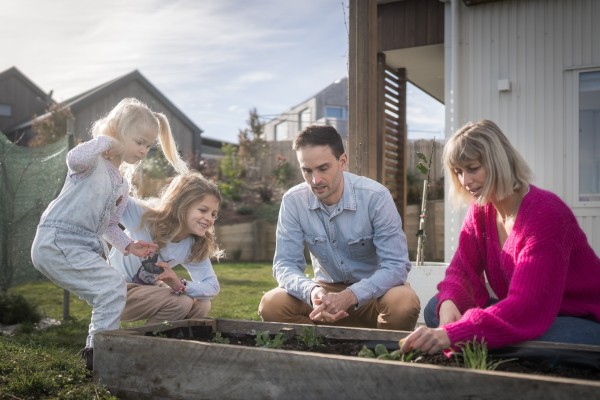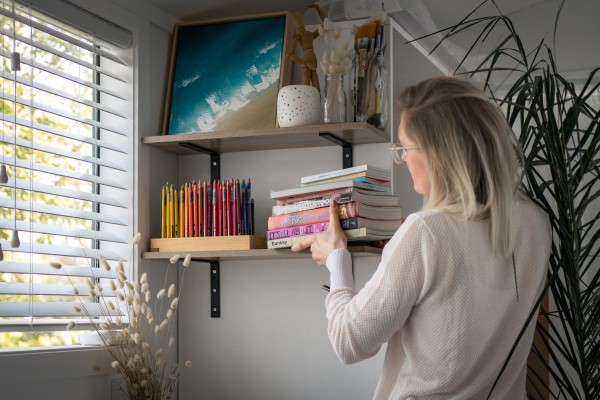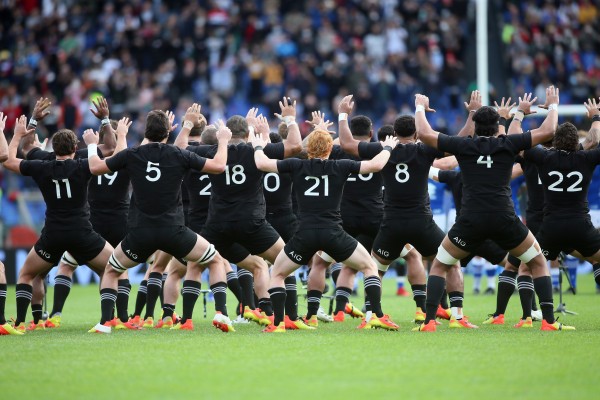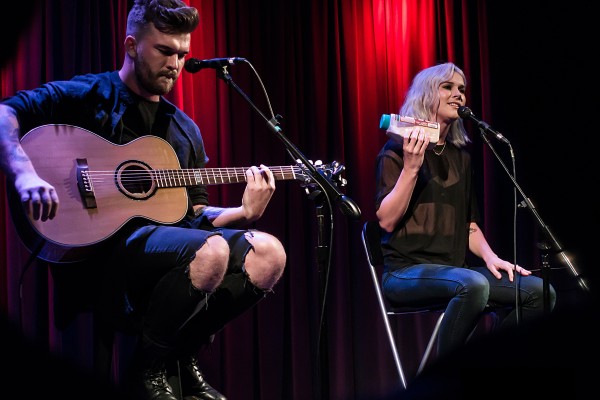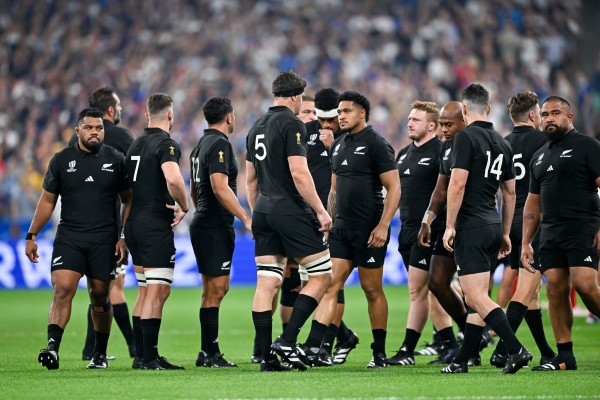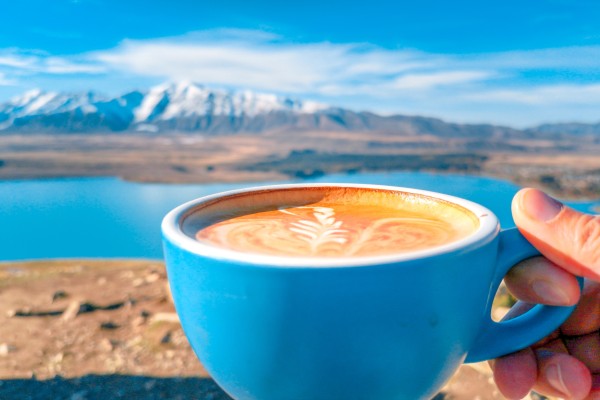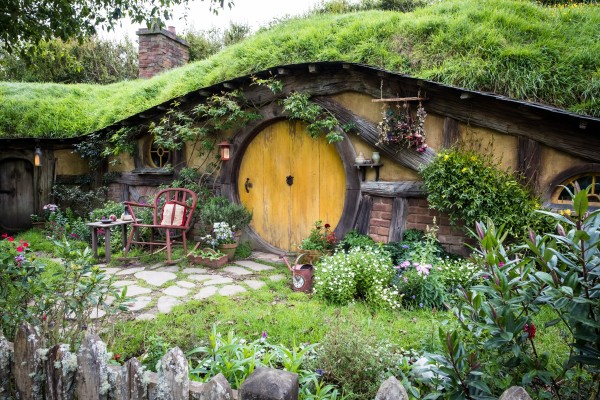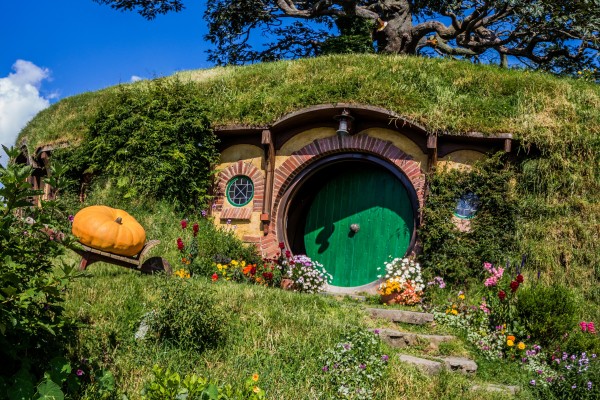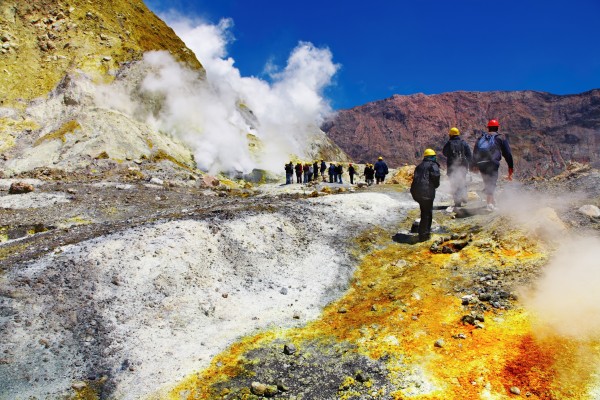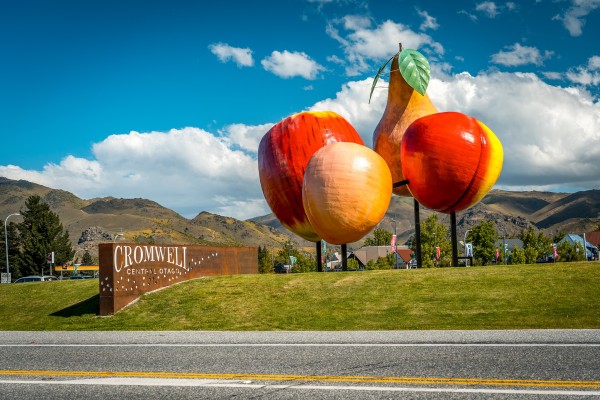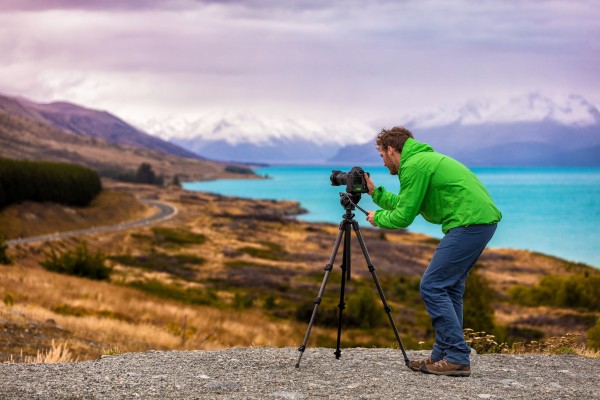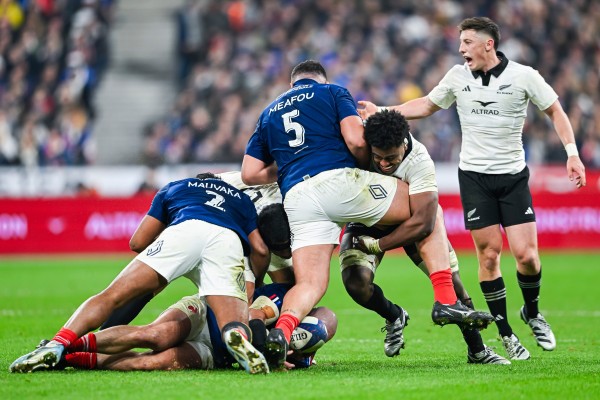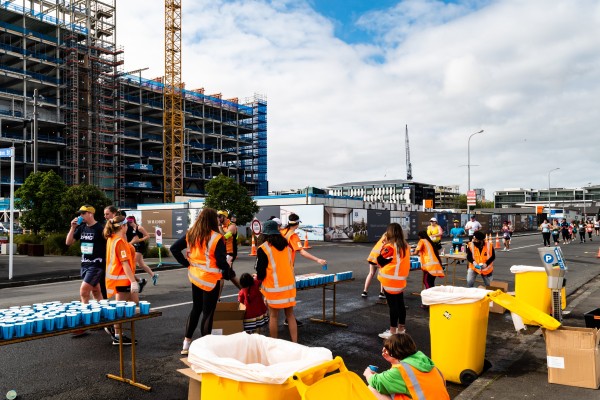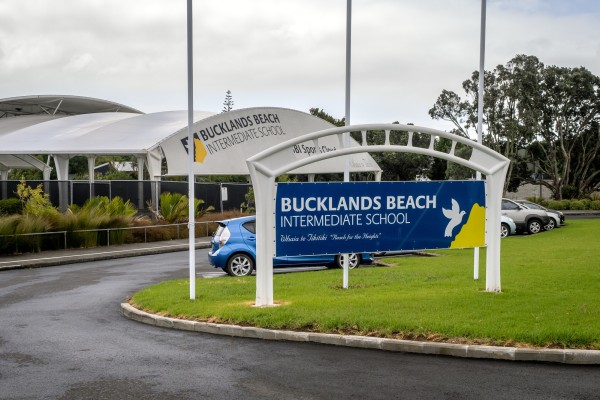Learning Māori words and phrases in New Zealand

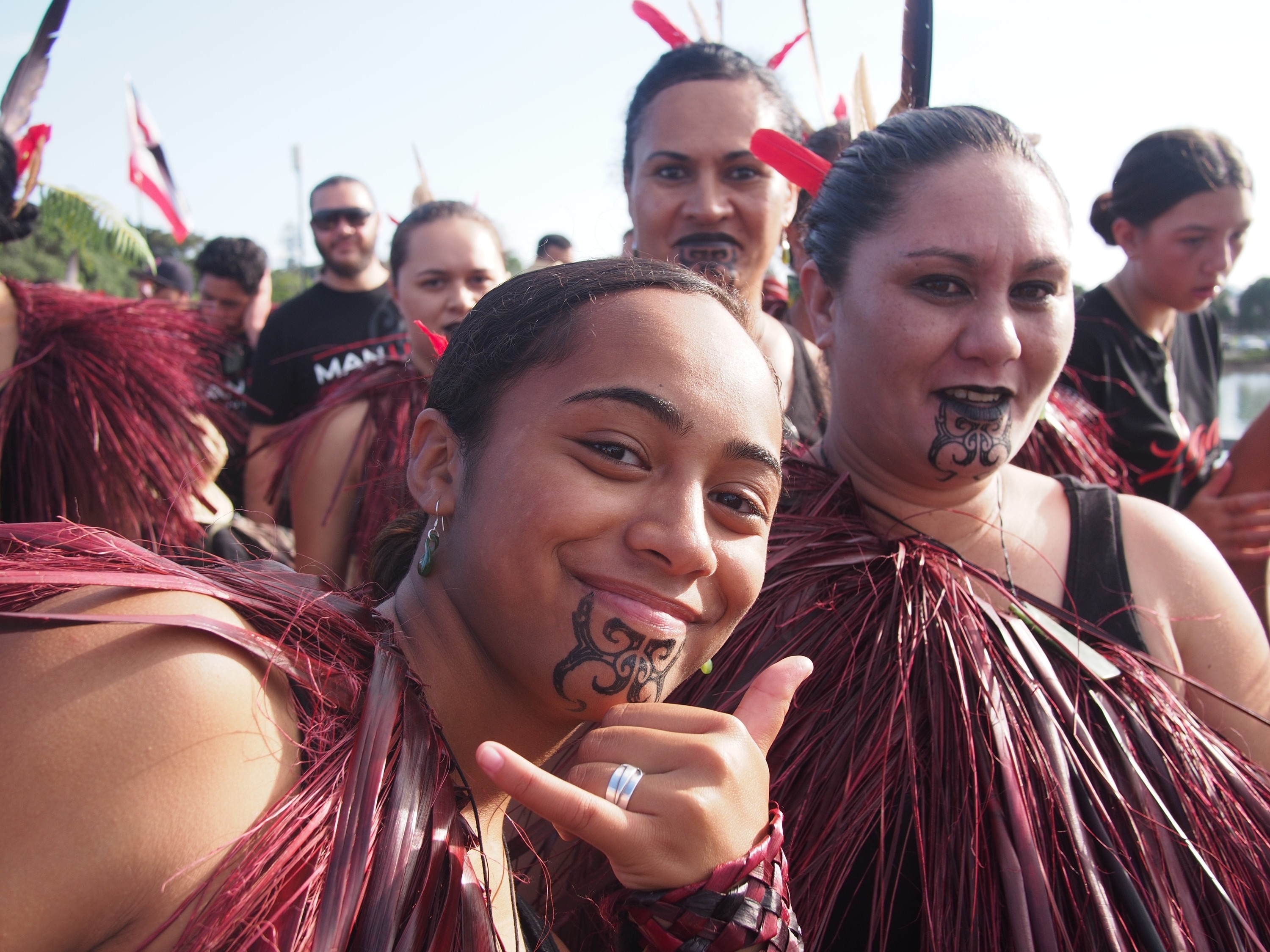
New to New Zealand? Learning some te reo Māori can help you gain a deeper understanding of New Zealand’s indigenous culture and can be a fun way to connect with others! Here are some phrases and sayings you might hear often.
What is te reo Māori?
Te reo Māori literally means the Māori language.
When in New Zealand, you may hear someone ask,
‘Do you speak te reo?’
This question directly translates to asking if you speak ‘the language,’ referring specifically to the Māori language.
It reflects the integration and recognition of te reo Māori within the wider New Zealand community. It also reflects that while there are slight variations in pronunciation between iwi, the Māori language doesn’t differ much and was the language used to communicate between all people.
Why learn te reo Māori?
Learning a new language can be a big commitment, but even learning a bit of te reo can help you integrate into your job or new communities within New Zealand.
Demonstrating knowledge of te reo Māori shows respect for our indigenous culture and its people. It acknowledges the importance of Māori heritage in New Zealand’s identity.
If you’re working in healthcare sector, tourism, hospitality or government roles it can also make it easier to connect with Māori communities and share a part of our culture respectfully with other people.
Learning basic te reo can also help with pronouncing place names properly which can save you some embarrassment!
How to pronounce Māori letters
Before we get into learning commonly used words, its helpful to know a little about the alphabet and how to pronounce vowels.
The Māori alphabet comprises 5 vowels and 10 consonants:
Vowels: a, e, i, o, u
Consonants: h, k, m, n, p, r, t, w, ng, wh
Each vowel can be either short or long. Long vowels are indicated by a macron (a small line above the vowel, e.g., ā, ē, ī, ō, ū).
Short Vowels
A: Like the 'a' in "car" (e.g., "haka" - dance)
E: Like the 'e' in "pen" (e.g., "kete" - basket)
I: Like the 'ee' in "see" (e.g., "kiwi" - bird)
O: Like the 'o' in "or" (e.g., "roto" - lake)
U: Like the 'oo' in "boot" (e.g., "utu" - revenge)
Long Vowels are pronounced the same but held for slightly longer like:
-
Ā: Like the 'a' in "father"
-
Ē: Like the 'e' in "there"
-
Ī: Like the 'ee' in "three"
-
Ō: Like the 'o' in "more"
-
Ū: Like the 'oo' in "food"
Consonants
In Māori, most consonants sound exactly how they are written. There are some exceptions:
- R: Rolled lightly, similar to the Spanish 'r' in pero. If you have trouble try sounding words out imagining the ‘r’ is a soft ‘d’ can help
- T: Soft, like the 't' in top but pronounced with the tongue against the teeth
- Ng: Like the 'ng' in sing (this letter combination is common at the start of words)
- Wh: Traditionally pronounced like the English 'f' in feather (e.g., whānau - family), though in some dialects it may sound closer to a 'w'
Do most New Zealanders know how to speak Māori?
No, most New Zealanders do not know how to speak Māori. In fact, only 2.7% of New Zealanders can hold a basic conversation in te reo - around 185,000 people.
The good news is that interest in the language is growing. Since 2018 the proficiency of people who can speak more than a few common phrases has risen from 24% to 30%. Within Māori communities, around 65% of adults use Māori at home.
Māori words and phrases are increasingly being used on the news and by government departments. In some parts of the country, signage is displayed in both Māori and English.
What Maori phrases are useful to learn in New Zealand?
Common greetings are a great place to start. You can easily pepper these into your everyday language. Almost all New Zealanders will know these phrases and if they don’t, you can teach them something new!
Basic greetings
Kia ora: Hello
Pronounced more like keyorah, kia ora is the most common phrase you’ll hear in New Zealand. It has lots of meanings but the most common one is ‘Hello’. It’s also used to show thanks to someone or to tell someone to be well. Throwing out a ‘kia ora’ is never a bad idea!
Haere mai: Welcome
Remember to keep the ‘r’ in haere soft so that it almost sounds like hiede mai. You’ll often hear this used in speeches to welcome people onto the premises. If you work in tourism this is a great phrase to learn to welcome guests each day!
Ka kite: See you (short for "ka kite anō" - see you again)
Pronounced like kah keetay, ka kite is a nice way to say goodbye to someone as it implies you will meet again.
Ka pai: Good, well done, okay
Commonly used in school, ka pai is a great easy way to show someone they’ve done a good job. You can also use it when people contribute to conversation as a form of acknowledgement.
Phrases
Want to level up your use of te reo? Learn how to greet different groups of people. You can use these phrases in place of ‘kia ora.’
Tēnā koe: Hello (to one person)
Tēnā kōrua: Hello (to two people)
Tēnā koutou: Hello (to three or more people)
E noho rā: Goodbye (to someone staying)
Haere rā: Goodbye (to someone leaving)
Common expressions
You’ll often hear non-Māori speakers include these Māori words in an English sentence. It’s worth knowing what they mean.
Aroha: Love, compassion
Expressing aroha for someone means to show love for them.
Whānau: Family, extended family
When people speak of their Whānau they are often referring to people beyond just their immediate parents or siblings. It can also be used casually to imply you’re going to be with your family.
Motu: Island, land
Motu has many meanings but it’s often used on the news (particularly the weather) to talk about land or New Zealand as a geographical land mass.
Pātai: Question
You might hear someone ask, 'do you have a pāta'i rather than 'do you have a question?'
Kōrero: Speak, talk, conversation
To kōrero with someone means to have a discussion or a talk with someone.
Everyday words
Kōhanga reo: Language nest (Māori language preschool) or Kura kaupapa (high school)
Parents may talk about their tamariki (children) going to Kōhanga or kura for short.
Kapa haka: Māori cultural group, performing arts
Kapa haka is a cultural dancing group that can be made up of both children and adults. This is different to a haka which is a type of dance.
Whenua: Land, country, placenta
Pronounced more like fen-oo-ah. You may hear Māori referred to as ‘tangata whenua.’ This means people of the land and refers to their indigenous status.
Tamariki: Children
Kaumātua: Elder, respected older person
Rangatahi: Youth, young people
Mokopuna: Grandchildren
Useful vocabulary
Kai: Food
You may also hear people use the word whare (house or building) along with kai which literally means food house or kitchen.
Moana: Sea, ocean
You may also hear ‘moana’ used after ‘kai’ (kai moana) to refer to sea food
Mahi: Work, job, activity
Mahi means your work or your job. A common way to show appreciation for someone’s efforts is to say ‘love your mahi,’
Wānanga: To meet and discuss, educational seminar
You’ll often find tertiary institutes use ‘wānanga’ in part of their name.
Directions and places
Marae: Communal or sacred place that serves religious and social purposes
If you are invited to a marae, you have been invited as a guest to their cultural meeting house which is considered an honour.
Pā: Fortified village
Pā were used to protect ancient villages from attack. There are still some historical Pā sites around Aotearoa today.
Waka: Canoe, vehicle
Traditional canoes are called waka. Waka is also the name used for other modern forms of transportation like the car.
Whare: House, building
Pronounced more like fa-ray with a soft ‘r’ the word whare can be combined with others like kai (whare kai) to mean kitchen.
Roto: Lake
Roto is used a lot in place names around New Zealand. For example Rotorua is made up of two words, roto meaning lake and rua meaning two or second. Therefore Rotorua means second lake.
Want to know more about Māori culture?
Learn about the history of Maori in New Zealand, from pre-European migration patterns to ancient myths and legends.
Learn the meaning behind Maori tattoos, an artform that has existed for nearly a thousand years.
Learn an overview of Maori cultur, from art, song and dance to cooking.
What do our customers say?
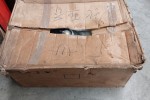


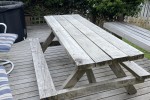
For every (wise)move

